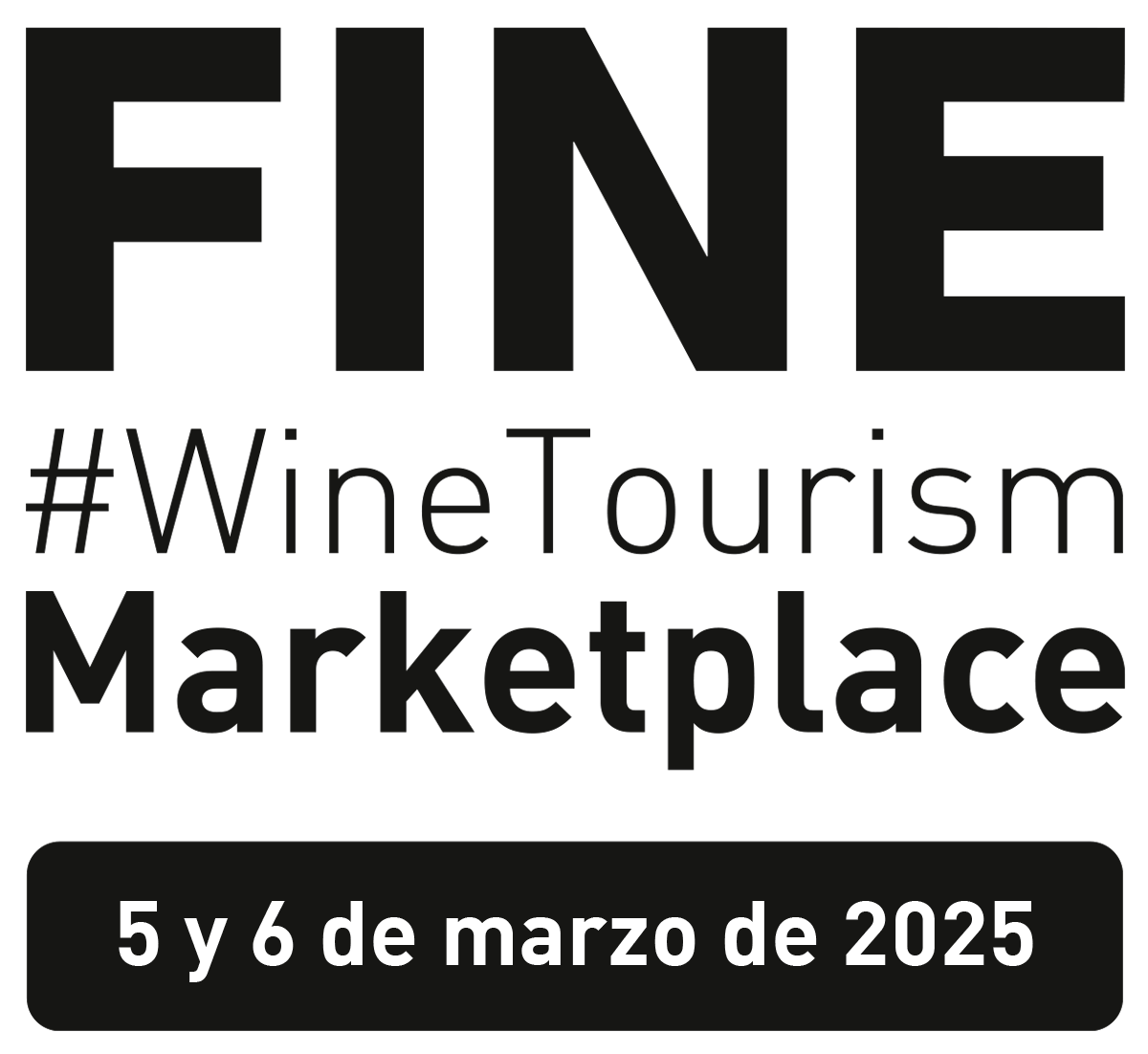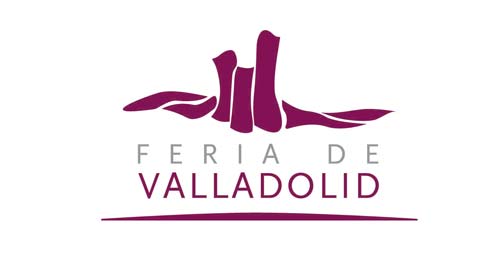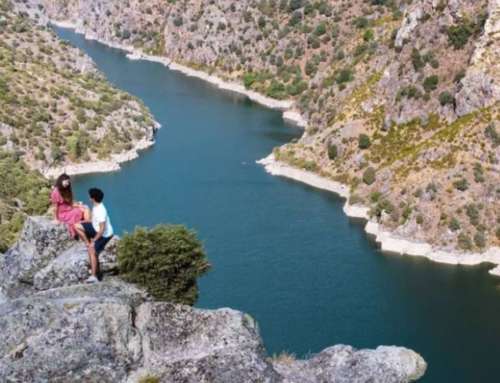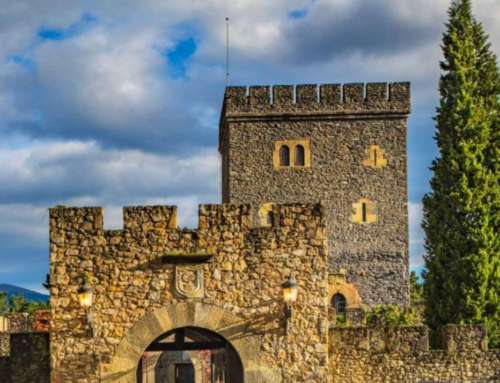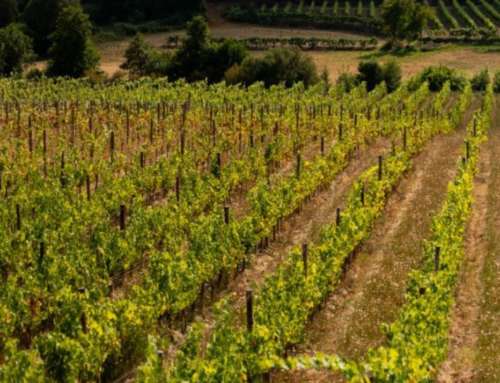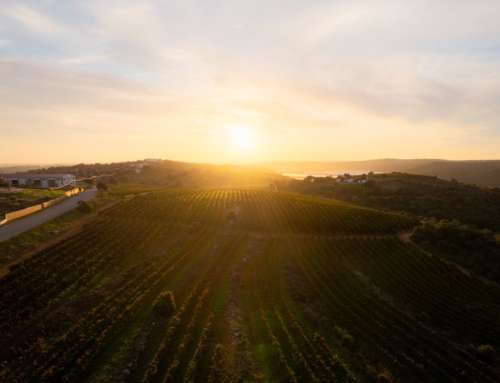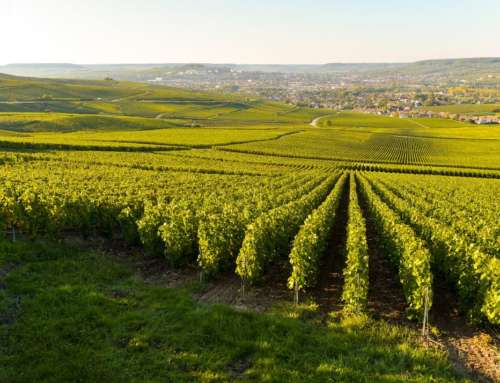Visit Portugal and its wine tourism charm at FINE #WineTourism Marketplace
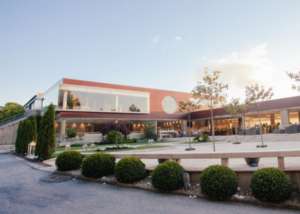
The Rías Baixas Wine Route offers an immersive and comprehensive wine tourism experience in one of Spain’s most unique areas: the Rías Baixas. This non-profit association, with over two decades of history, brings together a hundred members who offer a wide range of activities to explore the world of wine from multiple perspectives.
On the upcoming 13th and 14th of March, during the new edition of FINE #WineTourism Marketplace, we will have the opportunity to learn more about this association and its proposal, which will be presented at the Fair for the first time.
Visitors, through the various enotourism offerings in the area, have the chance to tour wineries, enjoy wine tastings with Rías Baixas Denomination of Origin, and dive into breathtaking landscapes, maritime activities, and a rich winemaking heritage.
Delving deeper into the Denomination of Origin, it is known for its Atlantic character lands, lush vegetation, and mild temperatures, all favored by the Atlantic Ocean. This D.O. is spread across five subzones covering more than 3,600 hectares, where winemaking tradition meets exceptional local cuisine, including the region’s famous seafood, as well as vegetables, fruits, meats, cheeses, and other local products.
A mosaic of landscapes and culture
The Route extends from the border with Portugal in the province of Pontevedra to the south of A Coruña, encompassing five subzones: O Rosal, Condado do Tea, Soutomaior, Val do Salnés, and Ribeira do Ulla.
Each of these areas offers unique landscapes, traditions, and a cultural reality of its own that enriches the visitor’s experience. From the beautiful Ribeira do Ulla area, near Santiago de Compostela, to O Rosal on the Portuguese border, the route traverses beautiful landscapes of vineyards, rounded coasts, tranquil rivers, and fertile valleys.
Emotion tourism: a unique experience
The Rías Baixas Wine Route offers its visitors an “Emotion Tourism” experience, going beyond mere wine tasting.
This initiative invites exploration of the emotions and sensations sparked by the landscapes, culture, and history of the region. Each of the Route’s subzones—O Rosal, Condado do Tea, Soutomaior, Val do Salnés, and Ribeira do Ulla—has unique characteristics that evoke different emotions in visitors.
From the serene landscapes of Ribeira do Ulla to the vibrant vineyards of O Rosal, each area offers a mosaic of experiences that enrich the wine tourism journey.
In each zone, visitors can immerse themselves in local traditions and discover the cultural richness of Galicia. This experience is complemented by varied activities ranging from visits to wineries and vineyards to participation in local festivals and tours through beautiful natural landscapes. The Rías Baixas Wine Route provides a unique opportunity to connect with the land and wine culture in an emotional and memorable way.
Wine tourism on wheels: an adventure on two wheels
Wine Tourism on Wheels is an innovative proposal that combines a passion for cycling with a love for wine. This activity allows visitors to cycle through different sections of the Rías Baixas Wine Route, enjoying the natural beauty of the Rías Baixas while exploring its winemaking heritage.
The routes are designed for cyclists of all levels and offer an active and eco-friendly way to enjoy wine tourism.nFor instance, the route in the Condado do Tea area invites visitors to cycle along the Miño river path, enjoying its riverside nature, passing through vineyard areas, and observing traditional fishing weirs.
In O Rosal, cyclists can enjoy routes between vineyards and forest tracks, making stops at spectacular viewpoints like Niño do Corvo. These routes offer not only a sporting experience but also allow visitors to closely learn about the wine process, from vine care to bottling.
In Val do Salnés, cycling enthusiasts can enjoy routes that combine rural landscapes with spectacular views of the Pontevedra and Arousa estuaries. These routes allow cyclists to explore the region’s ethnographic heritage, learn about the winemaking tradition, and, of course, taste the exquisite Albariño wine.
